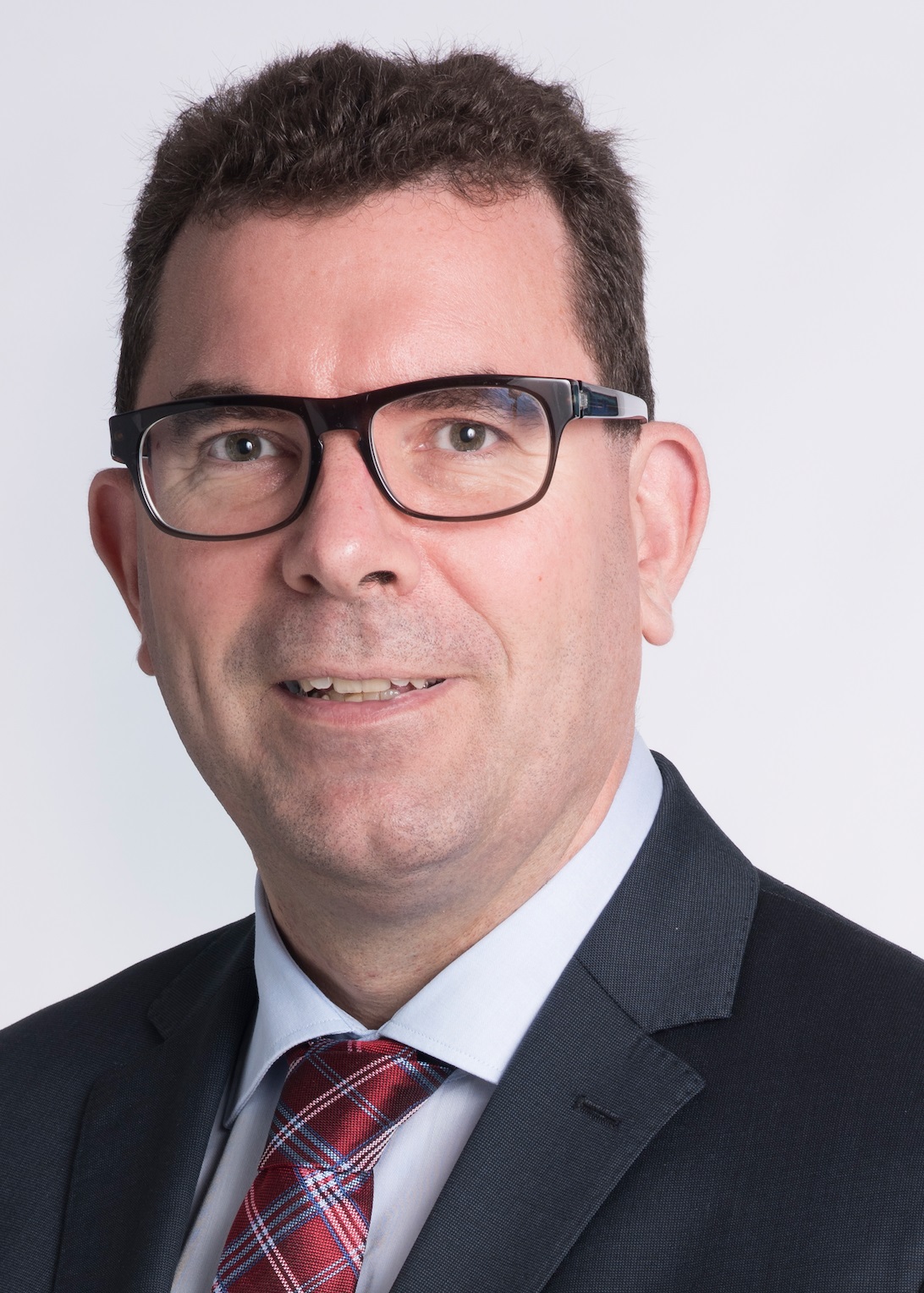Case Presentations
DEMO application in the Dutch Ministry of Defence
by Edward van Dipten (Enterprise Engineering Institute and NOVI)
Abstract and brief bio: Edward is chairman of the Enterprise Engineering institute. Next to this position Edward is professor Business Innovation & Enterprise Engineering and lecturer Enterprise Engineering and Business Process Management at NOVI University of Applied Sciences. He is active lieutenant colonel and has hold a variety of positions within the Netherlands Defence Organization in the last 34 years. Edward is specialized in BPM, Enterprise Engineering, DEMO, TOGAF 9, Archimate, auditing.
In the last three years he has developed the Integrated Defence Architecture. This is the topic of his contribution to the EEWC 2015. In his presentation he will explain how different methods and technics are used to establish an enterprise architecture that contributes stakeholders from top to bottom and in a broad perspective of a complex organisation as a Defence organisation is.
DEMO application in the VISI Project – Standardisation of Actor roles and IT in the building industry
by Hans Mulder (University of Antwerp) and Steven van Kervel (Formetis)
Abstract: The building industry is characterised by varying collaborations between different parties. From the birth of an idea to its eventual application and management, new collaborations are constantly being formed. Some parties are involved with a project for a longer period of time, while others come and go. Good communication between parties is of the utmost importance for efficiency. Prompt confirmation of alterations by all building parties or the prompt availability of the latest version of a detailed building plan have an immense influence on the quality, completion time and cost of a project.
Project partners experience lack of communication as a bottleneck in building practices. At the beginning of 1998, a number of organisations from the building industry came up with a plan to formulate agreements about communication between partners in construction projects. This plan formed the beginning of what is now known as ‘VISI’, the Dutch acronym for ‘Terms & Conditions for the Implementation of Standardisation in ICT’ and has the following objectives:
- Parties have access to generally applicable agreements concerning the content and design of communication;
- On the basis of these agreements, parties are able to enter into joint ventures more quickly and flexibly and to establish communication structures;
- Parties are capable of being more accountable to the outside world and of increasing the quality of their product.
- These agreements enable a better use of resources in information technology (IT).
Simply put, VISI’s objective is to create unequivocal agreements concerning the (digital) communication on the interfaces between parties in building projects. These agreements must lead to parties being able to locate one another blindly.
 Brief bio: Prof.dr.ing. Hans Mulder MSc BA is Standish European research director and executive professor at the Antwerp Management School. As the founder of his own company, Venture Informatisering Adviesgroep NV (VIAgroep), a company which has investments in IT industry, he is on the management and executive boards of various IT companies. Hans is CEO of Venture Management, co-founder of Meetingworks Europe, chairman of the supervisory board of Finalist and Five4U.
Brief bio: Prof.dr.ing. Hans Mulder MSc BA is Standish European research director and executive professor at the Antwerp Management School. As the founder of his own company, Venture Informatisering Adviesgroep NV (VIAgroep), a company which has investments in IT industry, he is on the management and executive boards of various IT companies. Hans is CEO of Venture Management, co-founder of Meetingworks Europe, chairman of the supervisory board of Finalist and Five4U.
 Brief bio: Steven J H van Kervel is founder of Formetis BV, Enterprise Engineers, The Netherlands. Formetis develops methodologies, software tools and large enterprise information systems for customers mainly in financial services. Current work is on the DEMO engine that supports DEMO modeling, DEMO model simulation and DEMO model execution in production environments. Together it provides the Enterprise Operating System. Steven van Kervel holds the degree electrical engineer from Eindhoven University of Technology and a PhD in computer science from Delft University of Technology.
Brief bio: Steven J H van Kervel is founder of Formetis BV, Enterprise Engineers, The Netherlands. Formetis develops methodologies, software tools and large enterprise information systems for customers mainly in financial services. Current work is on the DEMO engine that supports DEMO modeling, DEMO model simulation and DEMO model execution in production environments. Together it provides the Enterprise Operating System. Steven van Kervel holds the degree electrical engineer from Eindhoven University of Technology and a PhD in computer science from Delft University of Technology.
Presentation Slides
Available here.

